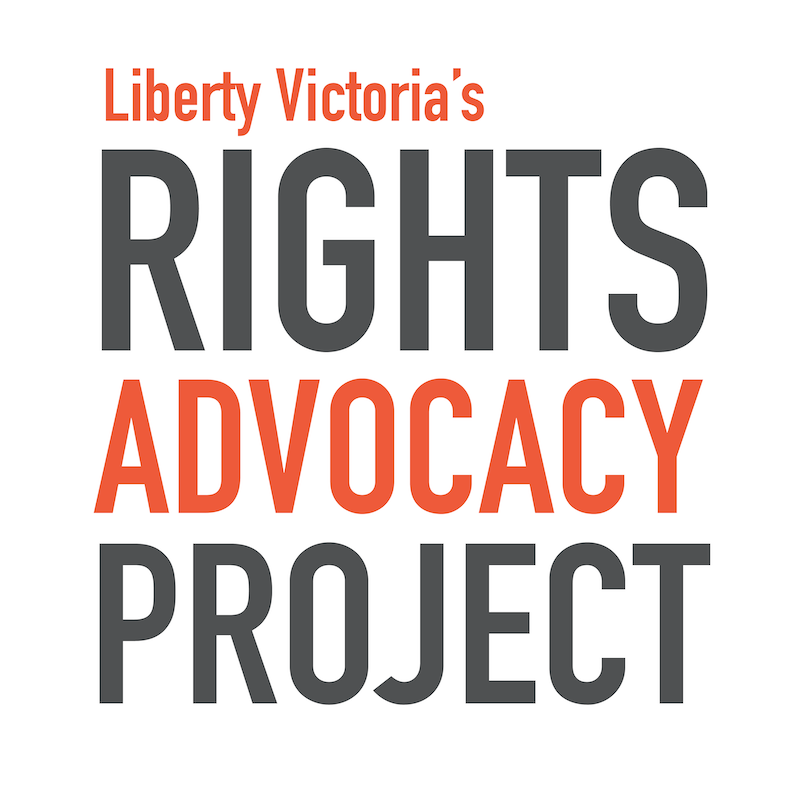
Equality and Government Accountability
Defining work: safeguarding workers rights in the gig economy
Who is an 'employee’ is not subject to a statutory definition. It is instead governed by a complex an inconsistent set of common law principles. Consequently, the rise in non-standard forms of work, such as gig work and independent contracting, has resulted in workers, who should have access to basic minimum standards such as sick leave and the minimum wage, being left without important protections.
These employment minima are protections hard fought by Australian workers. Practically speaking, they ensure working people are able to fully participate in society in accordance with their human rights. The importance of these workplace minimums has never been as pertinent as during the COVID-19 pandemic. However, on-demand platforms use ‘apps’ to ‘disrupt’ these entitlements and shift responsibility away from employers and onto workers as individuals. This is particularly problematic for workers carrying on tasks associated with the main business of these companies who are not deemed ‘employees’. Yet the complexity of these business models has made it difficult for the common law definition of an ‘employee’ to keep up.
“Our research aims to insert a reverse onus definition of ‘employee’ into the Fair Work Act 2009 (Cth). It will impact all workers across Australia, however it will mostly impact on-demand workers and their employer/principle contractors who seek to exploit them.”
We recently made a submission to the Senate Inquiry into Job Security. You can read out submission here:
